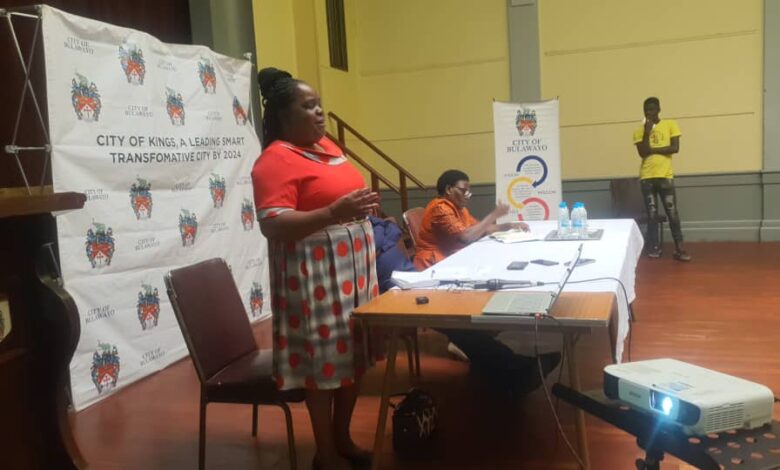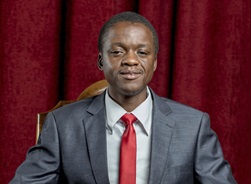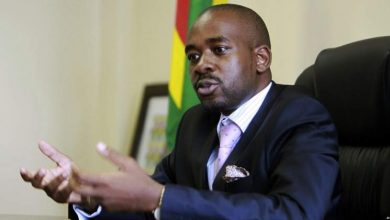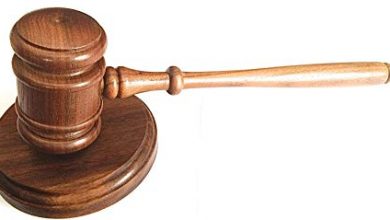Centralised load shedding leaves Byo dry

Stakeholders at a Bulawayo City Council water crisis committee meeting were shocked to learn that power cuts in the city are being done from Harare, a situation which has affected the supply of water to residents.
Due to power outages, BCC is only pumping 50 megalitres of water per day, causing citizens to go without water for weeks longer than the intended 72-hour water-shedding exercise because the city cannot pump enough water to reservoirs.
“This is the biggest crisis faced by the city. We are failing to pump enough water to distribute to the residents. Bulawayo is mainly a water shortage area, worsened by drought but we have not decommissioned a dam. The problem is the power pumping of water,” said Acting Town Clerk, Sikhangele Zhou who revealed that the centralised load shedding of electricity was the current cause of the water crisis at a meeting held Monday at the Small City Hall.
According to Zhou, when local ZESA staff were in charge of load shedding, they would first notify BCC to give them enough time to pump and store enough water, as well as turn off the water pumps to avoid damage.
But now, since the electricity is switched off from Harare, there is no appreciation on how the city’s supply dams and pumping systems operate.
“The dams’ pumping system functions like a conveyor belt, requiring all of them to be connected to electricity in order for them to pump water into treatment reservoirs,” said Zhou, who added there was no bad blood between BCC and ZESA.
However, she stated the current problems started when the load shedding was centralised.
“Our problem started when they centralised, then warnings were not coming. In the past, there had been warnings from ZESA that we should switch off our pumps and avoid damage. But now we just see the power off and that destroys our pumps,” she said.
“Communication is shaky. All our dams operate like a conveyor belt, so there is no benefit of switching on electricity for Ncema yet Fernhill has no electricity because the water will stop moving. Local people from ZESA appreciated and understood how the pumping works and will give us 10 hours’ notice before switching off electricity.”
The acting town clerk added that: “You will also now realise that faults are more likely to be acted on when they are reported at the National Call Centre.”
Engineer Nkiwane from ZESA confirmed Zhou’s claims, saying load shedding of Ncema and Fernhill power lines was done in Harare.
“It’s true that load shedding at Ncena and Fernhill is done in Harare. We have heard the current challenges and we will relay them to Harare,” he said.
Bulawayo Mayor, Solomon Mguni, noted it was disappointing that electrical lines of Ncema and Fernhill that serviced the city were done in Harare.
“We are happy that the resident minister is here to hear the challenges to assist so power can be restored,” he said.
Bulawayo Provincial Affairs and Devolution Minister, Judith Makwande Ncube, admitted that she was hearing this challenge for the first time but would relay it to President Emmerson Mnangagwa.
“I always say local problems are solved best by local people. What touches the council, make use of the mayor, what touches on the central government, make use of me, so we help each other for the sake of Bulawayo,” she said.
“But if you move alone, I cannot address what I don’t know. This is my first time to hear that the dams’ dedicated lines of electricity are switched off in Harare. This will be the first issue I talk with the president when he comes here. This matter affects all of us regardless of political affiliation.”
Meanwhile, Zhou, who is also the city’s chamber secretary, said if there was enough water in the reservoirs, it could easily move to households by gravity.
“Our system is designed so that treated water can move by gravity from Criterion Water Works or Magwegwe without power. As long as we can get the water into the reservoir, the water will move to homes,” she said.
“The infrastructure is there for us to survive, if all is working and we have electricity. If we can pump water from the six dams, our buffer, the dam at Criterion, can hold 10 days of water for the city but it’s empty now as ZESA is not giving us enough time to pump water into that dam.”
Zhou said BCC was now forced to pump water straight into the treatment and not storing for emergencies.
“We need immediate resolutions to these challenges. The city has awarded a contract to a company that wants to install huge solar pumps that can power up our pumps at the dams but this will take long as the estimated time of implementation is the end of the year to beginning of next year,” said the acting town clerk.
“If there are other alternative energy sources, let’s have them because we don’t have water.”






